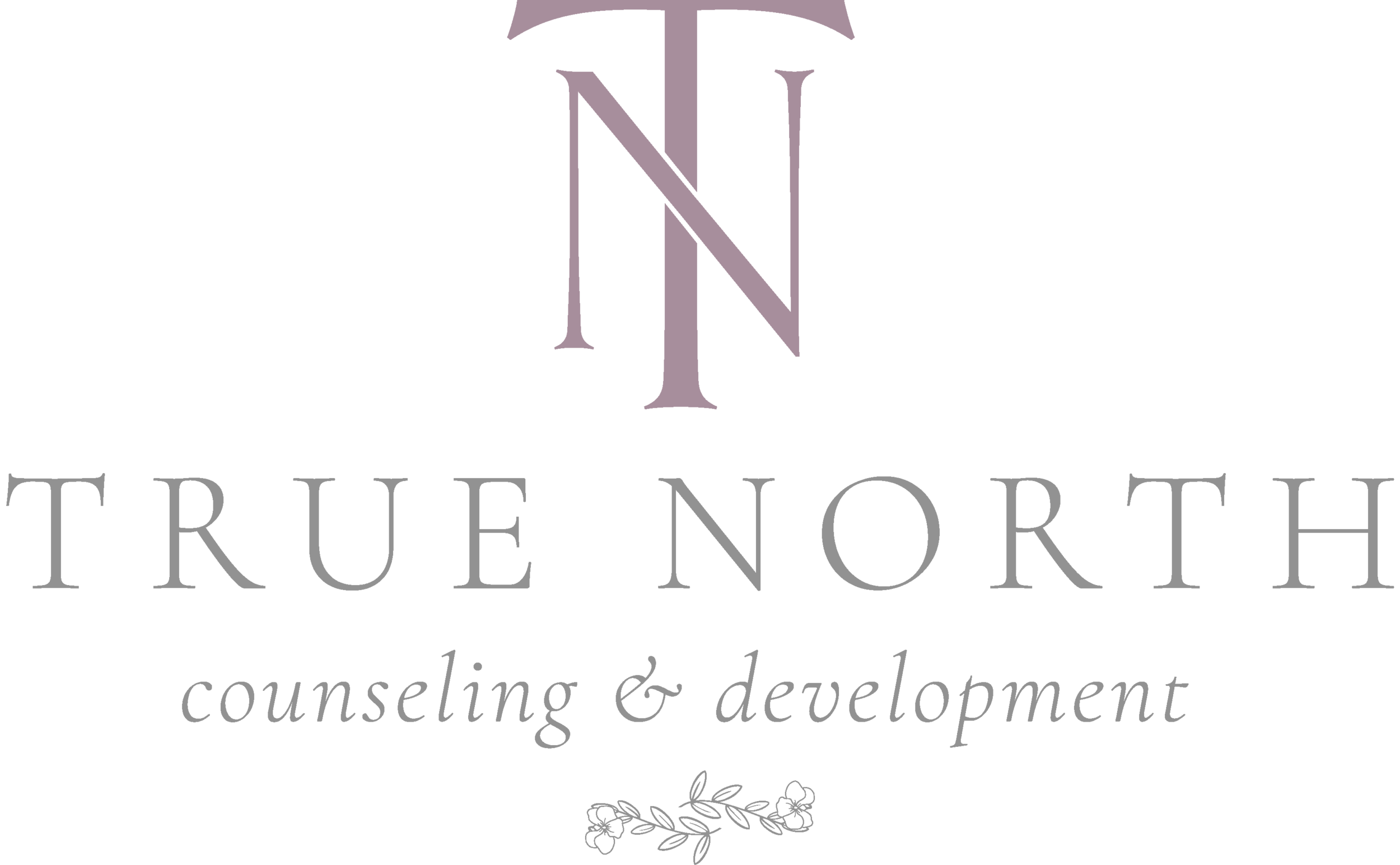What Comes After an ADHD Diagnosis?
Medication, Adjustment to the Diagnosis, Psychotherapy, Skills, Community
These are the areas that need to be addressed when you receive a diagnosis of ADHD:
MEDICATION
When doctors give us a diagnosis, they usually prescribe a treatment as well - usually medications. Seldom do they educate us about the diagnosis.
Most of the clients I have worked with who have ADHD were not told anything about ADHD by the prescriber.
Very few were advised to seek additional treatment or further support.
About half of those with ADHD who are prescribed medication have a “normalizing” experience, the medication helping their brain to function in a typical way.
Others experience some improvement but not a “normalizing” one.
Others experience little to no improvement.
Almost all can benefit from non-medication treatments.
ADJUSTING TO THE DIAGNOSIS
When adults are diagnosed with ADHD, they have already lived their lives to that point with an undiagnosed developmental disorder. The following are some responses to diagnosis:
Relief:
To know there is a reason for all the past problems and troubles.
Sadness:
Realizing the condition will continue, though it may be abated.
Realizing that medication is not the full solution.
Inability to take medications and receive that help.
PSYCHOTHERAPY
Psychotherapy can help us come to terms with the diagnosis
PAST: Making sense of our past with this new knowledge.
Oh, so that is why I could never……(fill in the blank).
You mean [to borrow a great book title] “ I’m Not Stupid, Crazy, or Lazy.”
Why didn’t someone get me the help I needed?
That’s why the other kids (fill in the blank_teased me, bullied me, excluded me, etc.).
PRESENT: Learning skills, managing emotions, re-evaluating life values and purpose.
FUTURE: Looking toward the future.
SKILLS
ADHD has to be managed on a daily basis.
Psychotherapy may focus on developing skills:
Organizational
Time management
Emotion Management
Relationships
COMMUNITY
Support from others can be vital to adjustment to living with ADHD.
ADHD Support Groups
Talking with friends and family
Enlisting help when needed
Accepting help
True North Counseling & Development offers individual counseling for adults with ADHD.
If you are interested in joining an ADHD therapy support group, please call 859-740-7374.
Dr. Sharon Martin will also be hosting a free, virtual “Lunch & Learn” about women and ADHD this Friday 3/17 at noon. Visit this page to register for the Zoom meeting!

